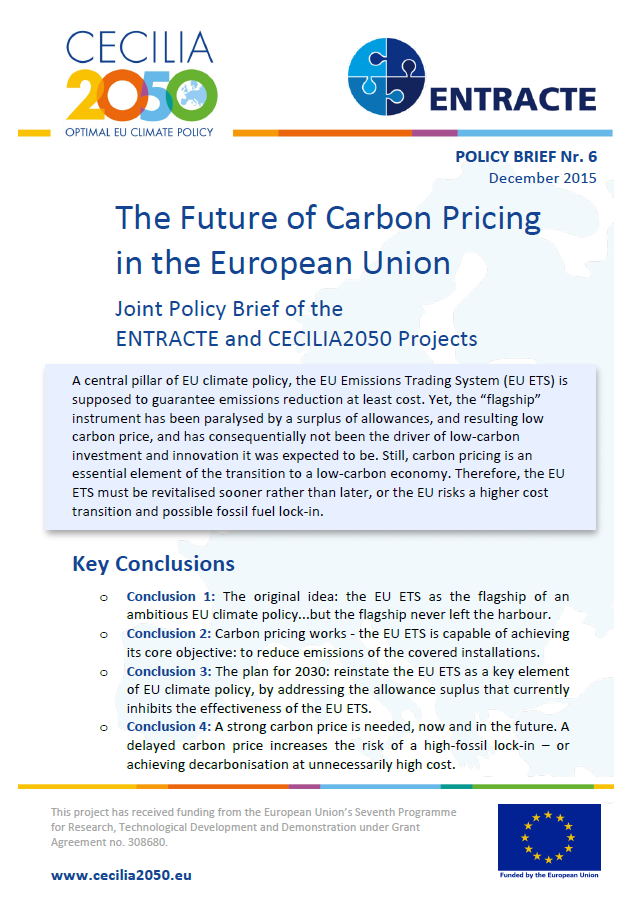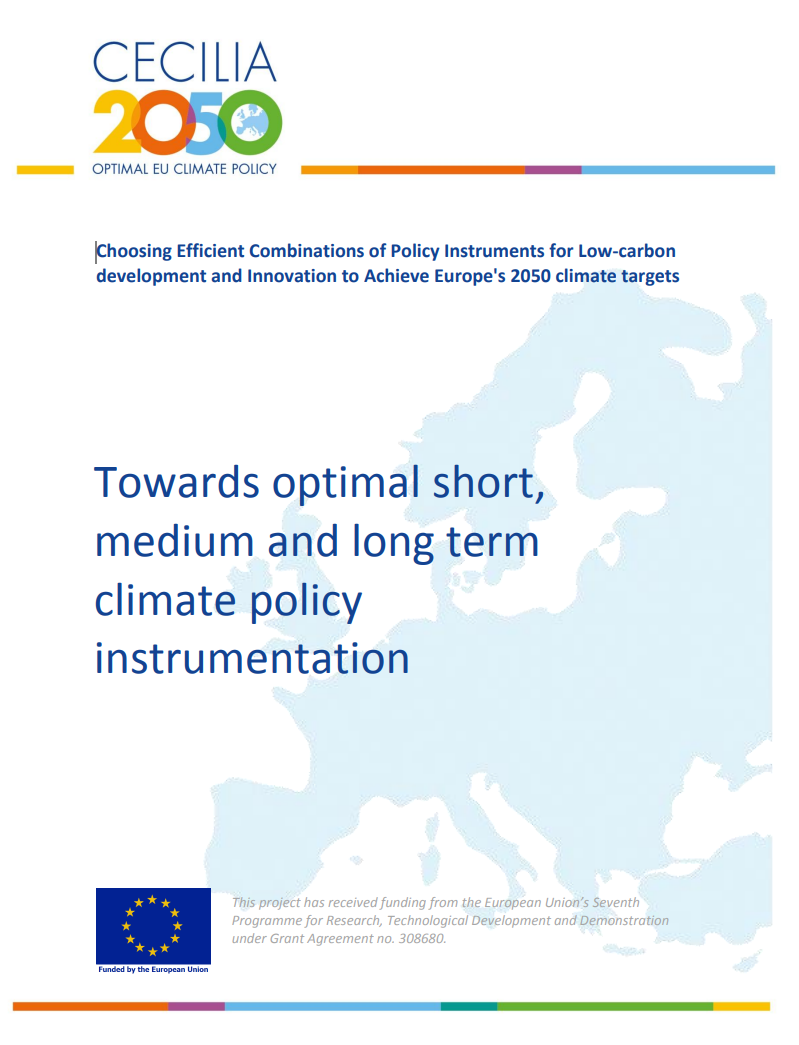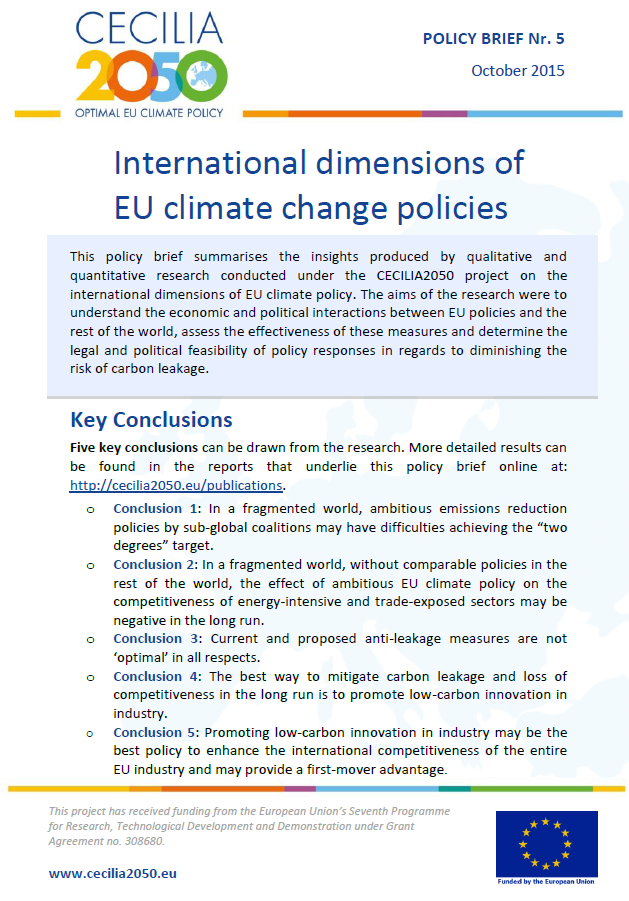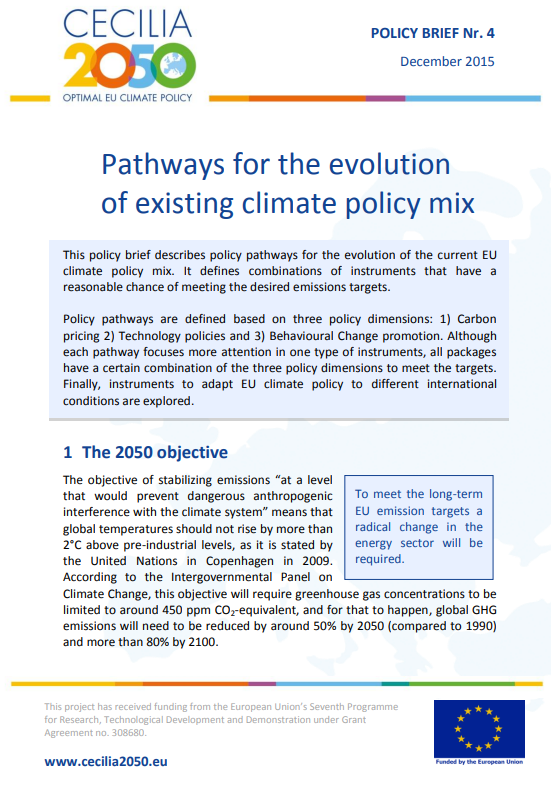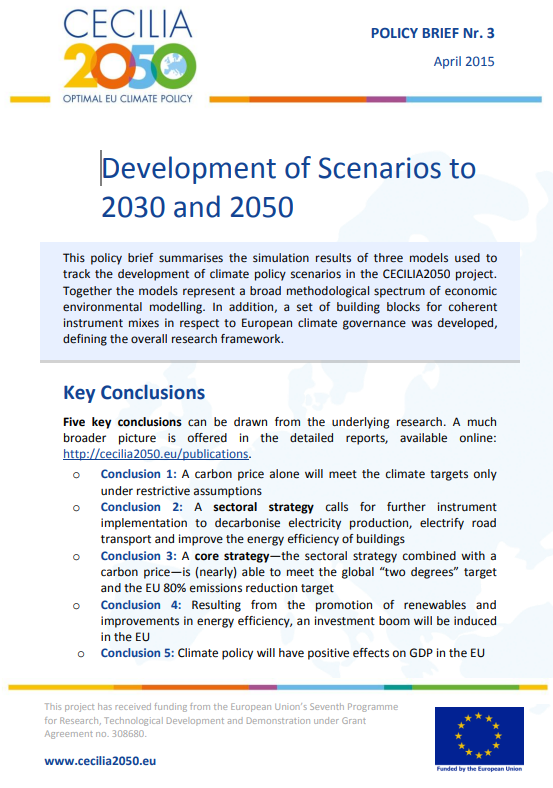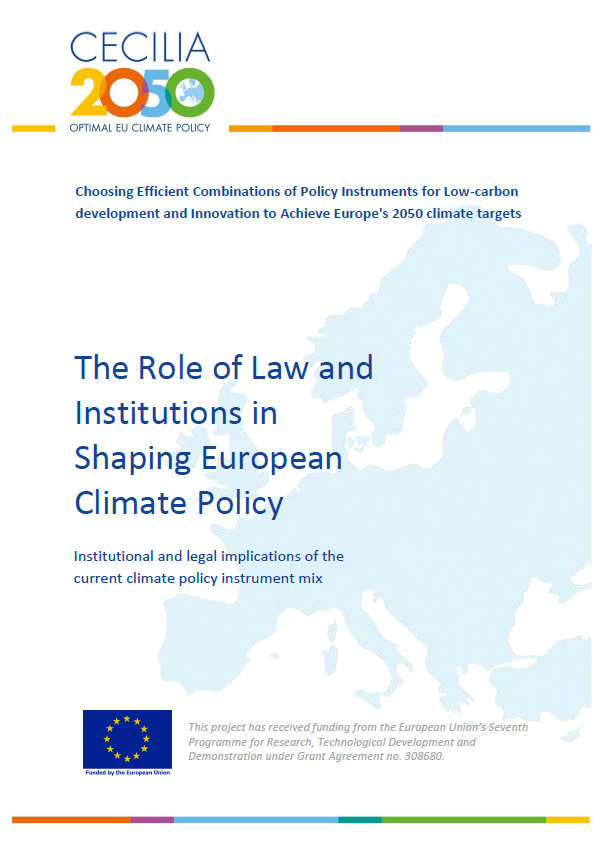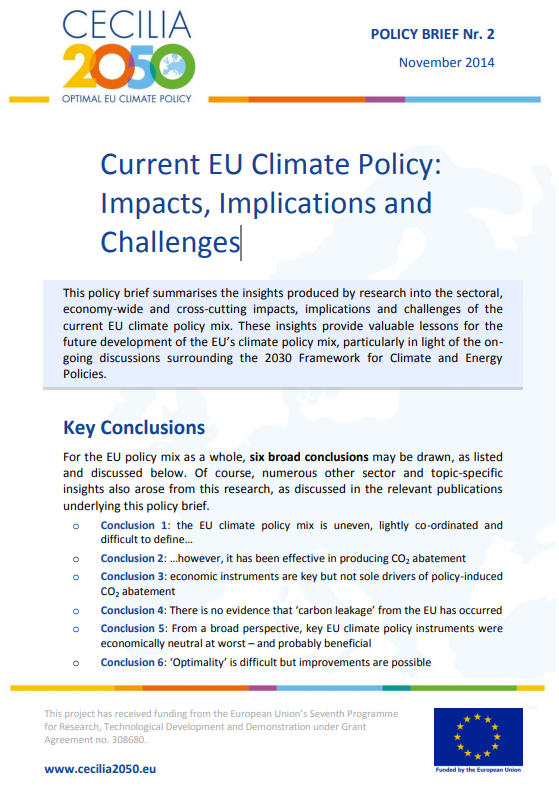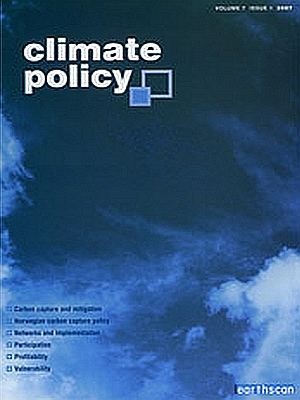As its first outreach activity, the research project CECILIA2050 staged a stakeholder workshop on future directions for EU climate policies on 20 February 2013. Sixty researchers, EU officials, and NGO and Member State representatives came to Brussels to discuss the path to an optimal 2050 EU climate policy mix. Initial results from country case studies (Germany, Spain, Italy, and the UK) were presented. A panel of five distinguished experts discussed current trends in EU climate policy. The presentations are available for download.
The event, organised by Ecologic Institute as project leader, attracted a wide range of stakeholders. Benjamin Görlach, project coordinator, presented the overall methodology of CECILIA2050 and what it aims to accomplish over the coming 2.5 years. He also presented the project's working definition of "what constitutes optimal climate policy" and explained how the CECILIA2050 view on optimality extends the perspective of classical economics, by taking into account the interactions between different instruments and the feasibility of different approaches.
The participants agreed in a quick poll conducted at the event that climate effectiveness is the central requirement for climate policy instruments. However, policy instruments should also meet other criteria, such as transparency, predictability/regulatory certainty, cost-effectiveness and public acceptance.
Representatives from the project partners (including Gesa Homann, Ecologic Institut) presented their first analysis of so-called "policy landscapes" (the mix of policies used in a particular area of climate policy, such as in "support of renewable energy") and how it measures against the optimality criteria. They presented examples of instrument interactions in four selected countries (Germany, Spain, Italy and United Kingdom). A first assessment of the optimality of the current instrument mix was discussed with the participants.
In the afternoon, a high level panel of experts, chaired by Ecologic Institute's Matthias Duwe, shared their views on the topic with each other and the audience. Stefaan Vergote from the European Commission's DG CLIMA outlined the process in which the future of EU climate policy post-2020 will be discussed over the coming months, which will include stakeholder consultations. Jason Anderson from WWF's European Policy Office shared his sense of urgency in the need for improving overall ambition of EU climate policy. Jesse Scott of Eurelectric emphasised her belief that market-based mechanisms are the most optimal climate policy instruments. Simon Marr of the Federal Ministry for the Environment (BMU) in Germany appraised the situation from a combined national and EU perspective and suggested that a notion of solidarity should enter into the evaluation of climate policy. The director of the Institute for European Studies at the Free University of Brussels, Sebastian Oberthür, provided a concise 5 point assessment of the state of EU climate policy, including the need to consider the wide range of policy fields now connected to climate that need to be taken into account (such as grid planning).




